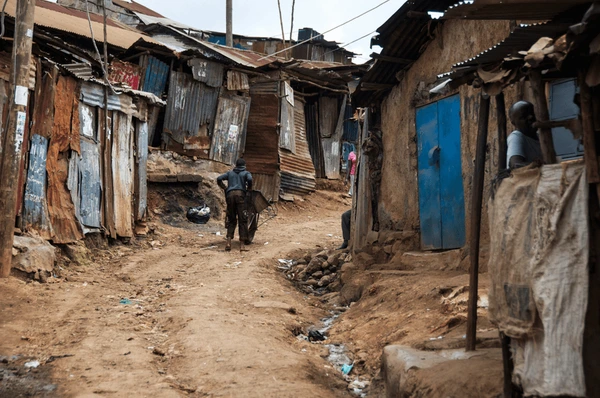
Across the rapidly expanding cities of Sub-Saharan Africa, a silent crisis is unfolding. Millions of families are struggling to secure safe, affordable, and dignified housing, with demand far outstripping supply. The result? A staggering increase in informal settlements, overcrowding, and poor living conditions that threaten not only individual well-being but also economic growth and social stability.
The Alarming Housing Deficit
Urbanization in Africa is occurring at an unprecedented rate. Some cities are experiencing annual population growth of up to 6%, placing immense pressure on already fragile housing markets (AfDB, 2022). The numbers paint a dire picture: Nigeria faces a backlog of 17 million housing units (CAHF, 2019), Kenya needs at least two million new homes (World Bank, 2020), and Angola falls short by nearly two million units (UN-Habitat, 2021). South Africa, despite its ambitious public housing programs, still struggles with a deficit of two million homes (CAHF, 2020). These statistics highlight a systemic issue—the formal housing sector simply cannot keep up.
A Market Failing the People
Despite the enormous need for affordable housing, most formal housing developments are out of reach for low- and middle-income families. The financial sector has historically overlooked housing finance, focusing instead on industries such as agriculture, small business development, and mobile money (AfDB, 2022). Mortgages remain inaccessible to the majority, and developers largely cater to higher-income buyers, leaving the most vulnerable to fend for themselves in informal housing.
Governments, meanwhile, are struggling to implement effective solutions. Bureaucratic inefficiencies, land tenure issues, and inadequate infrastructure investment continue to stall large-scale affordable housing projects (World Bank, 2021). Without a coordinated effort from both the public and private sectors, the crisis will only worsen.
The Economic Argument for Affordable Housing
The challenge of affordable housing is not just a social issue—it is an economic one. A thriving housing market stimulates job creation, boosts local economies, and enhances financial stability. A well-functioning housing sector encourages long-term investments and contributes to national economic growth by providing employment opportunities in construction, finance, and related industries (AfDB, 2022).
Furthermore, secure housing improves household living conditions, which in turn supports education, health, and overall quality of life. When families are forced into unsafe and inadequate housing, the ripple effects are severe: increased disease burden, lower productivity, and stifled economic potential (UN-Habitat, 2021).
Rethinking the Solution
To address this crisis, we need to shift the conversation from simply building houses to creating an efficient, sustainable housing ecosystem. This means:
- Enhancing Housing Finance: Expanding access to affordable mortgages and alternative financing options, such as microfinance and cooperative housing schemes (CAHF, 2020).
- Public-Private Partnerships: Encouraging collaboration between governments, investors, and developers to create scalable, cost-effective housing solutions (World Bank, 2021).
- Infrastructure Investment: Strengthening municipal capacity to provide essential services like water, sanitation, and roads to support new housing developments (AfDB, 2022).
- Innovation in Construction: Exploring alternative building materials and technologies to lower construction costs and increase efficiency (UN-Habitat, 2021).
- Regulatory Reform: Simplifying land acquisition, streamlining building approvals, and ensuring secure property rights for all income levels (CAHF, 2020).
Conclusion: A Call to Action
The affordable housing crisis in Sub-Saharan Africa is too vast and complex for any single entity to solve alone. It requires a collective effort from governments, private sector players, financial institutions, and civil society. Addressing this challenge is not just about providing shelter—it is about building the foundation for a more prosperous, equitable, and sustainable future for millions of Africans.
The time to act is now. Will we rise to the challenge?




Leave a Reply